Słuchanie na modlitwie
Gen 18, 1-10a / Ps 15 (14), 1b-2. 3 i 4b. 4c-5 / Col 1, 24-28 / Lk 10, 38-42
[20th of July 2025 / 16th Sunday in Ordinary Time]
If only this passage of the Gospel were preserved, one could argue that Jesus’s main point is not to be consumed by many duties but to sit and listen. Leave daily tasks to divine providence, believing that angels will care for everything. Alternatively, it would be necessary to persuade those preoccupied with daily life to take on more responsibilities so that those who listen to Jesus can sit and hear His teachings in peace and quiet.
However, on more than one occasion in the Gospels, Jesus indeed engages in daily tasks. He provides food for crowds, travels from place to place, heals the sick, talks to the rejected, rebuffs attacks on His character, and worries about whether His disciples properly understand their mission. Finally, at the Last Supper, Jesus says He would remain with us in the Eucharist. He does not end His mission; on the contrary, He only changes the nature of His presence. Jesus was neither avoiding work nor glorifying idleness. So, how can we interpret this scene from today’s Gospel? There appear to be two teachings Jesus imparts in the instruction He gives to Martha.
The first is a reminder that Jesus desires us to make time for Him, even amidst our duties, including the most pious ones. Jesus doesn’t want to be merely another item on our schedule. Like anyone who loves, He seeks our time and attention. Such is our human nature that we often treat those we love as if they don’t require extra attention. “After all, I told you once that I love you; how many more times do I have to say it?” says a husband to his wife. Unfortunately, this is how we can also treat God: “I already prayed once today; how many more times should I do it?”.
The second lesson is that secular and sacred moments are interwoven in our lives. Jesus is present in the kitchen, the hallway, the laundry room, and the attic. Our task is to recognise when we have the opportunity to live out the gospel and not waste such moments. Preparing dinner can simply be a chore, but it can also serve as an opportunity, for instance, to express your love for another person.
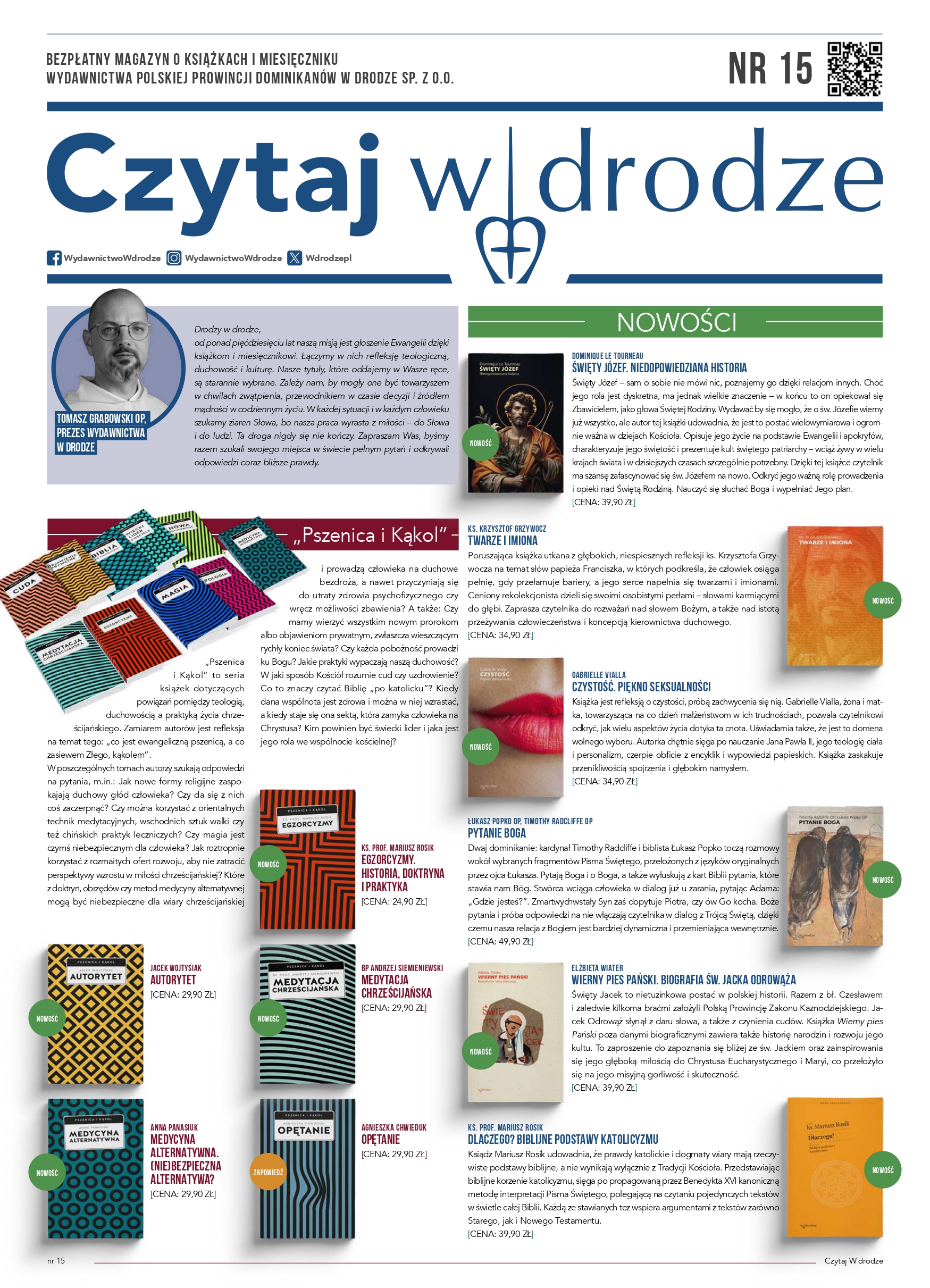
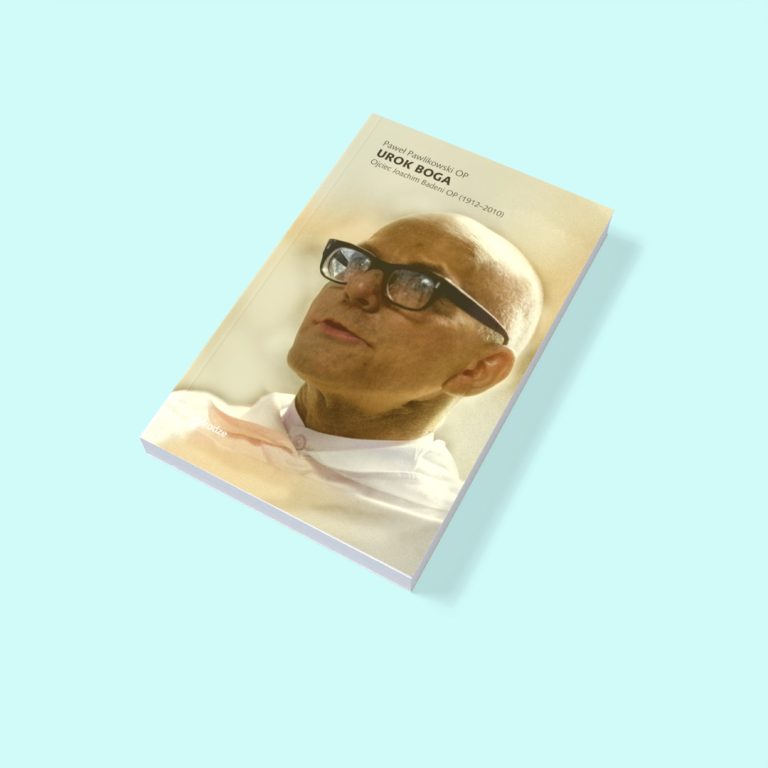


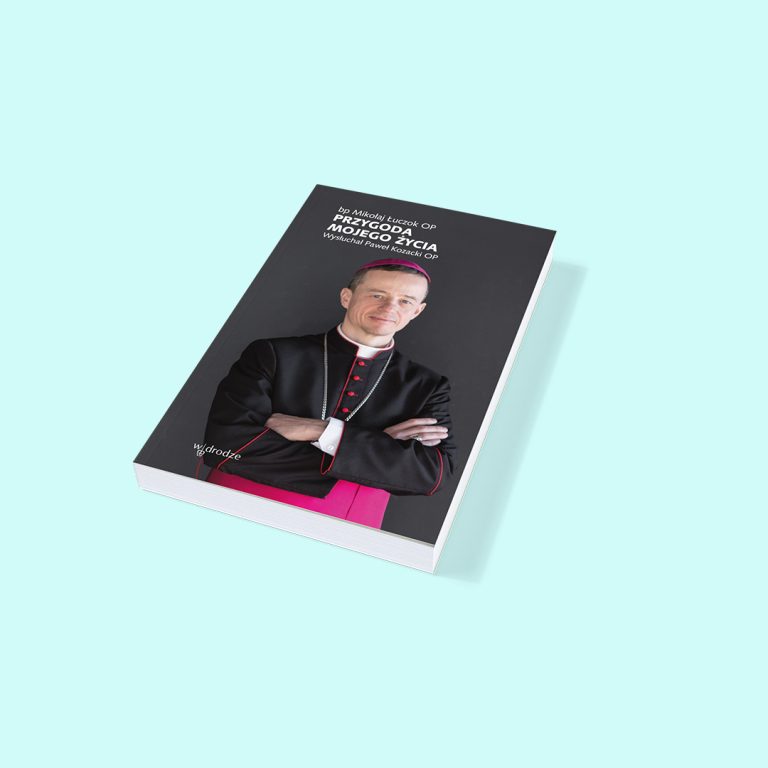

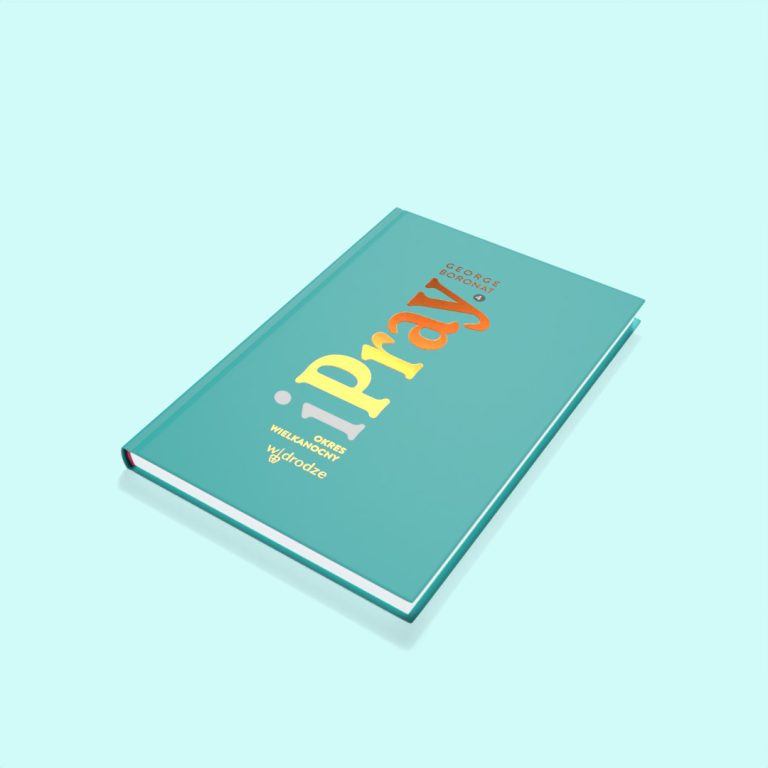
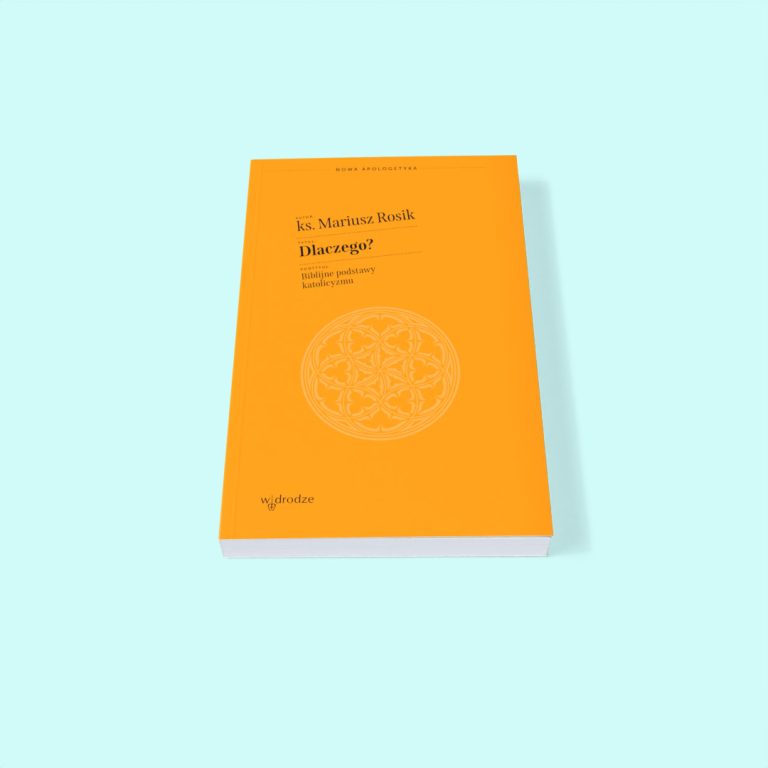


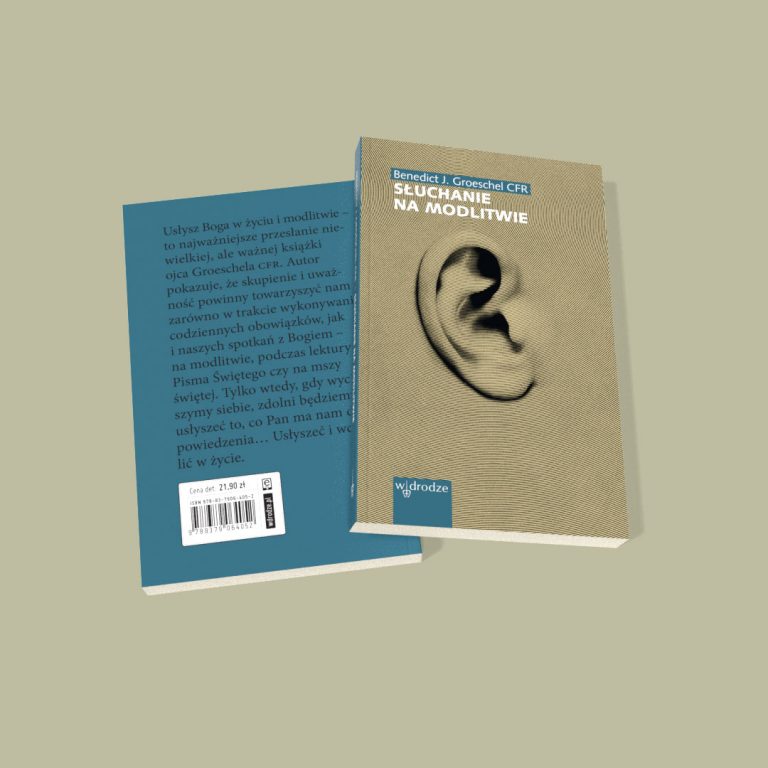














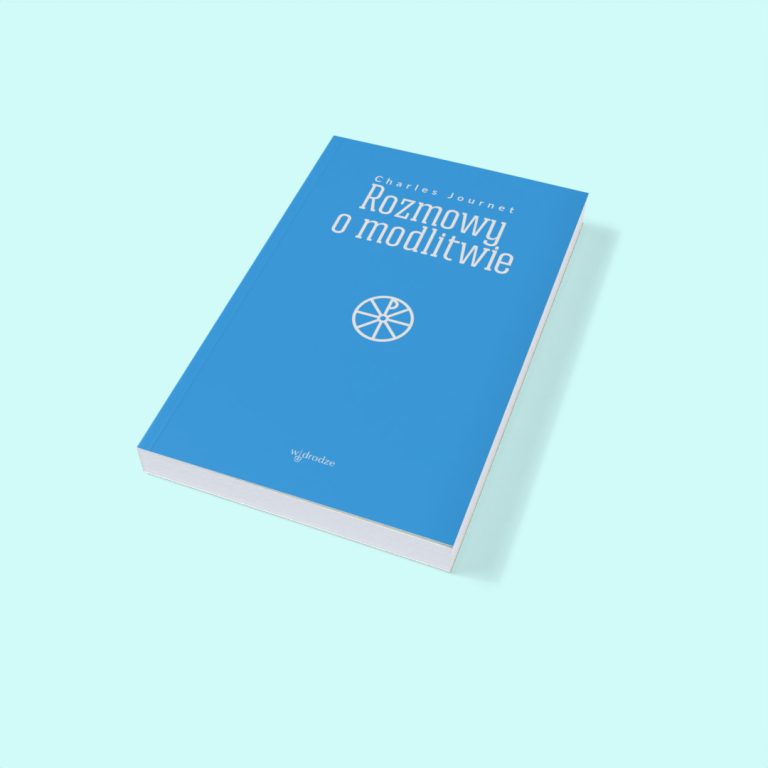

Oceń